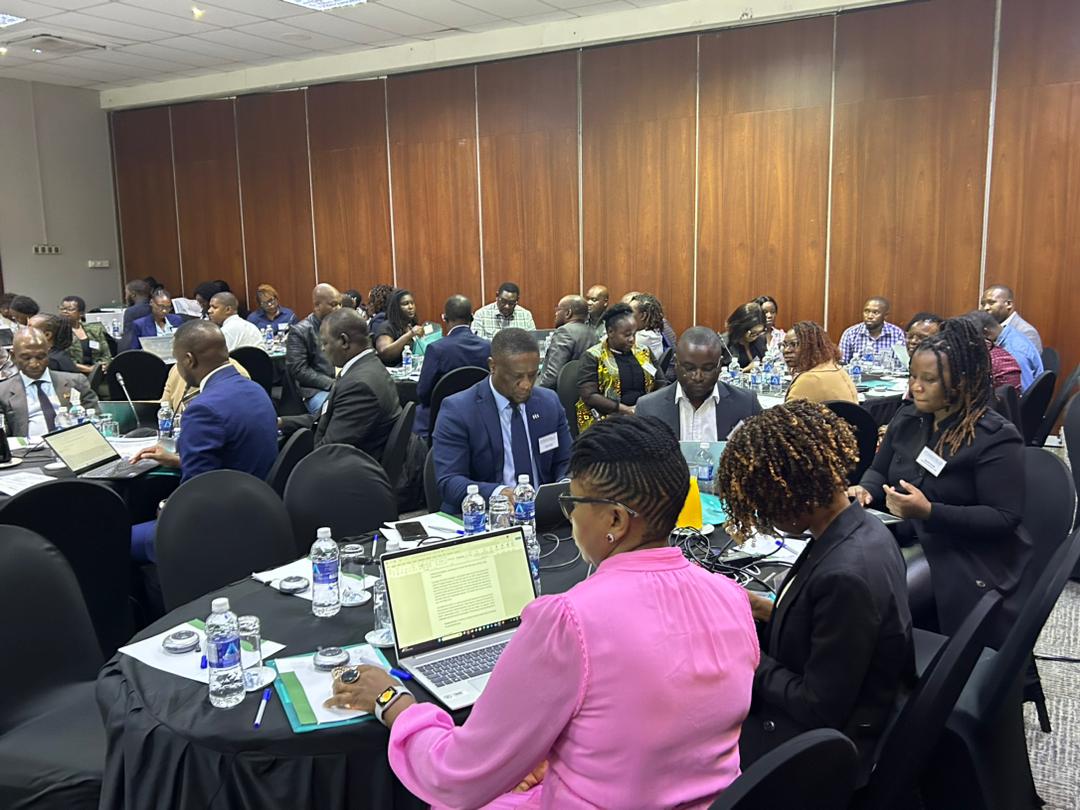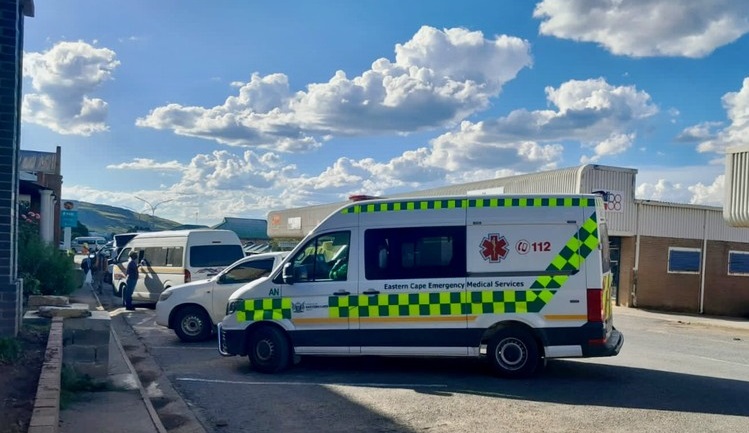WHO WE ARE
The Public Service Accountability Monitor (PSAM) forms part of the School of Journalism and Media Studies at Rhodes University, Grahamstown, South Africa.
Social accountability places an explicit duty on members of the executive arm of governments, public officials and private service providers to justify their decisions and performance regarding the manner in which their use of public resources has affected the progressive realisation of socio-economic rights.
PSAM’s activities include research, monitoring, advocacy and capacity building. Working through southern Africa, PSAM generates and shares knowledge about social accountability and the monitoring and advocacy tools that can build more open, participatory and accountable governments.
WHAT WE DO
PSAM’s approach assumes that effective public resource management (PRM) is best pursued in response to specific contexts and situations. While certain ideal tenets of PRM might be pursued over time, knowing exactly what is needed, and how best to pursue that can only be determined through responsive contextual reading and analysis with role-players who are inside of those very contexts. This approach ensures that PRM interventions remain relevant to context, on an ongoing basis, and even as that same context changes. This in turn requires a departure from external and expertise-based approaches to PRM reform, emphasizing instead partnership, co-production of interventions, and ongoing learning of and in the whole system.
PSAM seeks to “contribute to addressing particular societal problems originating from systemic public resource management (PRM) failures.” We acknowledge the complexity of societal problems and that they often interrelate and impact upon the realization of human rights. Societal problems include access to and realization of civil, political and socio-economic rights. Societal problems can also be caused or exacerbated by poor policy formulation and implementation, by misuse and abuse of public resources, by mismatches between the narrative in formal documentation and the informal spaces where political and administrative decisions are sometimes made. Societal problems can also arise or be aggravated by disagreement between technocrats and politicians regarding the type and focus of service delivery mechanisms. Furthermore, and to achieve sustainable impact in addressing complex societal problems, broader institutional and systemic change is often required.
To best act on this complex understanding of ‘societal problems’ and what it takes to address these, PSAM pursues four overlapping and interconnected objectives. These objectives run through all our programs and projects, although with differing emphases, depending on the specific aims of the program and projects:
- Objective 1: To have worked with interested multi-stakeholder groups to better understand, unpack and contribute to addressing particular societal problems originating from systemic PRM failures.
- Objective 2: To have convened a regional community of practice that has learned about how to better enable the practice of co-production to contribute to development outcomes.
- Objective 3: To have generated a body of evidence through compiling, analyzing and documenting what is being learnt by the Community of Practice about the evolution of PRM systems.
- Objective 4: To be a learning organisation that deliberately puts regular time aside to learn from its experience, thinks about what this means for strategy, impact and practice and develops its capabilities, in order to continually improve the quality of its work, rethinks its purpose when necessary and strengthens how it organizes itself to do the work.






